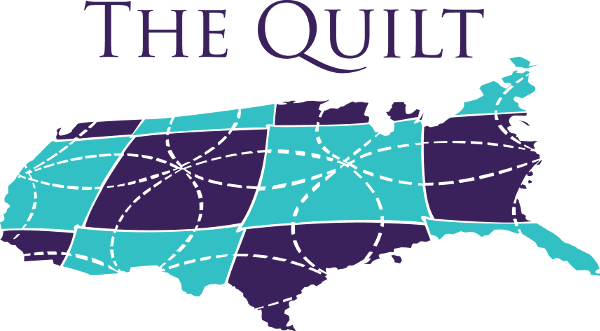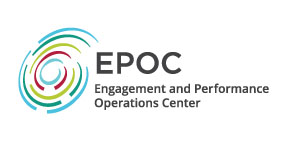Research and Education (R&E) networks form the “circulatory system” for science. These critical technology components serve as the linkage of the global data architecture and are the mechanisms that allow collaborations to move, store, and analyze the output of sophisticated, experimental instruments capable of creating massive datasets. Understanding the scientific workflow and creating technical solutions adaptive to the changing needs of science, remains a critical gap that must be addressed.
The Engagement and Performance Operations Center (EPOC) is a production platform for consulting, applied training, monitoring, and R&E support, jointly led by Indiana University (IU) and the Energy Sciences Network (ESnet). EPOC provides researchers and cyberinfrastructure engineers with a holistic set of tools and services needed to address the growing demands of scientific innovation by helping to assist with expectations related to performance issues, reliable and robust data transfers, and understanding scientific workflow. By considering the full end-to-end data movement pipeline, EPOC is uniquely able to support collaborative science, allowing researchers to make the most effective use of shared data, computing, and storage resources to accelerate the discovery process.
A major component of the EPOC strategy is to work closely with the regional networking community. EPOC has partnered with Quilt members – Front Range GigaPop, Great Plains Network, iLight, KINBER, LEARN, and OARnet – to sponsor Application Deep Dives for campus environments. The outcome of these activities is a better understanding of the scientific drivers, growth areas and points of friction that exist today, and how they are likely to change over time. Campuses, regional partners, EPOC, and science communities receive a set of actionable items that can be addressed to better support the use cases.
Every Deep Dive finds and addresses problems, both technical and socio political. KINBER member school, Arcadia University, found that a lack of available computation and storage was limiting a major science driver (Bioinformatics) from creating a research program to investigate genomics. EPOC and KINBER are working with regional partners to investigate sharing of analysis infrastructure to meet these needs.
LEARN member school, Trinity University, found that a lack of locally available storage resources were impacting the ability of several research groups to adopt new technology. LEARN and EPOC, in collaboration with Trinity, are working on an upgraded network and data architecture to address this challenge.
OARnet member school, University of Cincinnati, found that some use cases were not fully integrated to the campus Science DMZ. A policy and process for onboarding new use cases is being defined.

